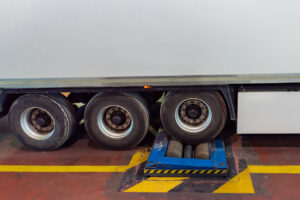Great Ready for FMCSA Drug and Alcohol Clearinghouse II Rule

Beginning November 18, 2024, State Driver Licensing Agencies (SDLAs), such as the California Motor Vehicle Department, will be required to remove the commercial driving privileges of drivers in a “prohibited” status in the Drug and Alcohol Clearinghouse. According to the Federal Motor Carrier Safety Administration (FMCSA), the Clearinghouse was established as Phase I in January … Continue reading “Great Ready for FMCSA Drug and Alcohol Clearinghouse II Rule”









